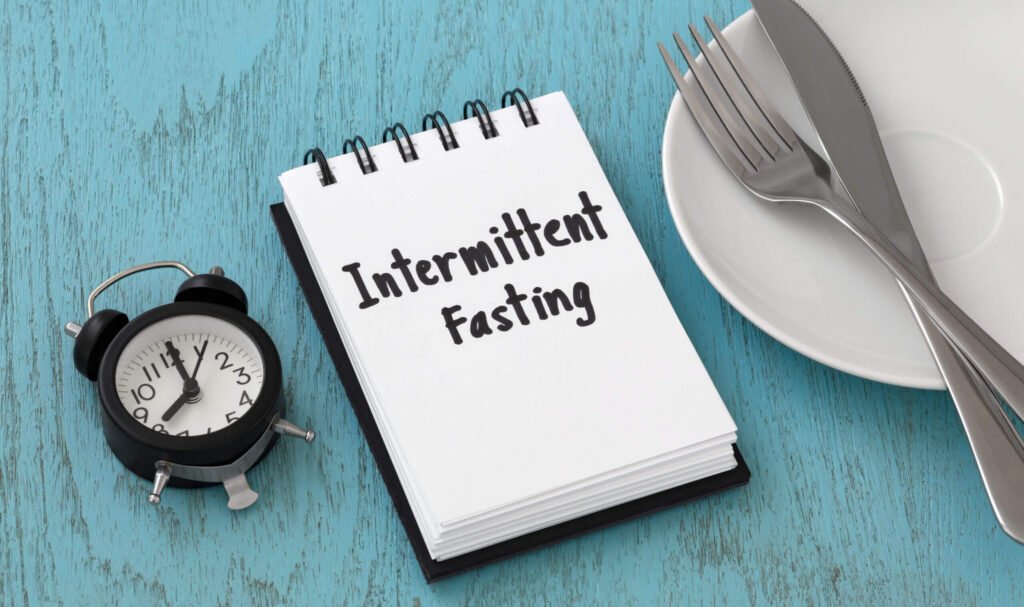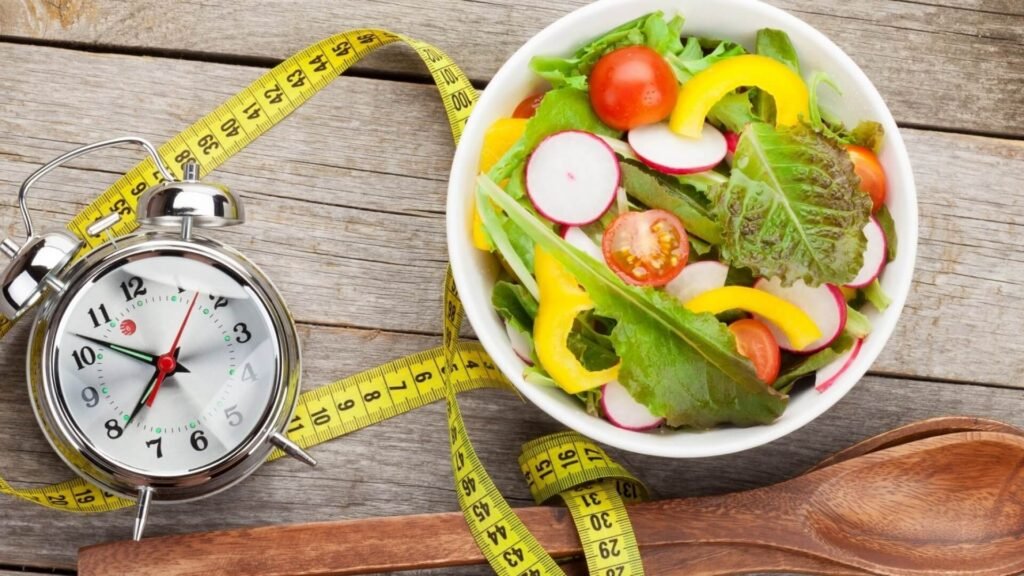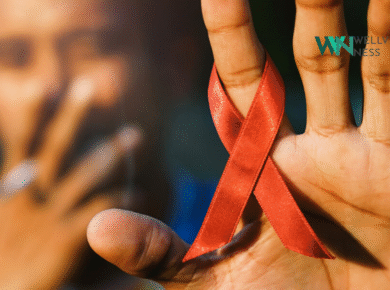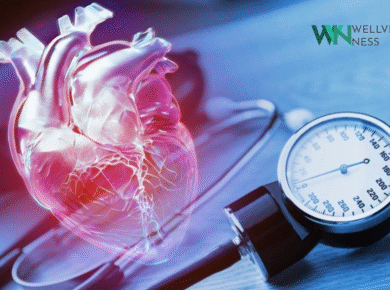Intermittent fasting, a term that has become increasingly popular in the health and wellness community, is a dietary approach that cycles between periods of eating and fasting. But what exactly are the benefits and drawbacks of this lifestyle choice? Let’s dive in.
Table of Contents
What is Intermittent Fasting?

Intermittent fasting is not a diet, but rather a dieting pattern. It’s a way of scheduling your meals so that you get the most out of them. It doesn’t change what you eat, it changes when you eat.
The Benefits of Intermittent Fasting

Weight Loss and Improved Metabolism
One of the most significant benefits of intermittent fasting is weight loss, which is often why many people consider this dietary approach. When you fast, your body is forced to dip into its fat stores for energy, leading to weight loss.
Enhanced Brain Function
Research has shown that intermittent fasting can improve brain function, potentially protecting against neurodegenerative diseases like Alzheimer’s and Parkinson’s.
Improved Heart Health
Intermittent fasting may reduce several risk factors for heart disease such as blood pressure, cholesterol levels, triglycerides, and inflammatory markers.
The Drawbacks of Intermittent Fasting

Hunger and Fatigue
One of the most common side effects of intermittent fasting is hunger. Some people may also feel weak or fatigued when they first start fasting.
Potential for Overeating
While intermittent fasting can lead to weight loss, there’s also the potential for overeating during eating periods, which could lead to weight gain.
It’s Not for Everyone
Intermittent fasting isn’t suitable for everyone. It’s not recommended for pregnant women, those with certain medical conditions, or individuals with a history of eating disorders.
Conclusion
Intermittent fasting can be a powerful tool for health and wellness, but it’s not a one-size-fits-all solution. It’s important to consider both the pros and cons, and consult with a healthcare professional before starting any new diet regimen.
FAQs
- What can I eat during intermittent fasting? During your eating window, you can eat whatever you like. However, for optimal results, it’s recommended to eat a balanced diet rich in fruits, vegetables, lean proteins, and whole grains.
- Can I drink liquids during the fasting period? Yes, you can and should drink plenty of water. Coffee and tea are also allowed, but they should be consumed without sugar or creamer.
- How long does it take to see results from intermittent fasting? This can vary from person to person. Some may see results within a few weeks, while others may take a few months.
Remember, the journey to health and wellness is not a sprint, but a marathon. So, keep going!










1 comment